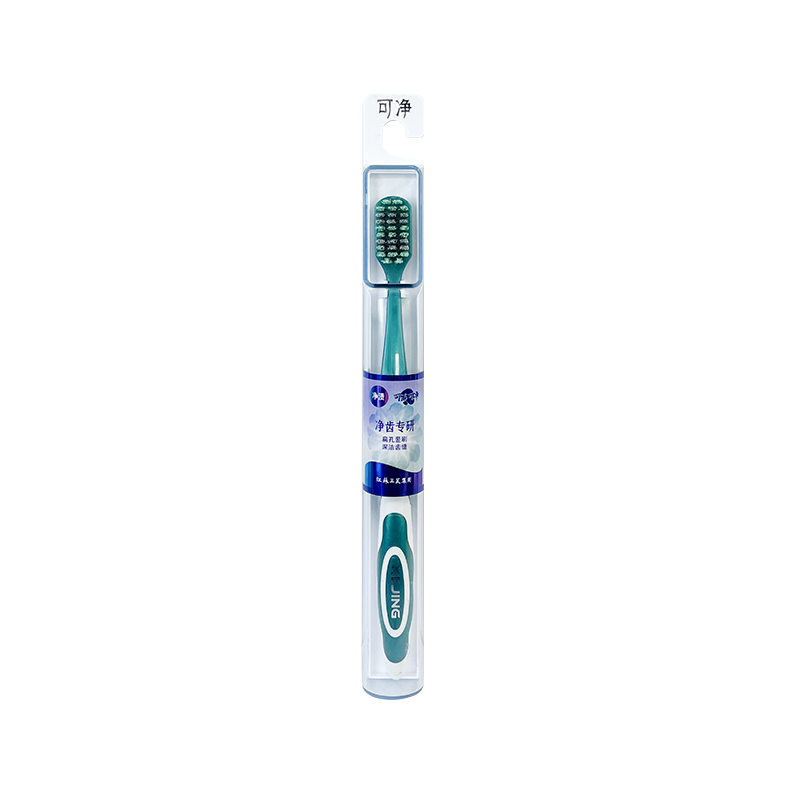Why Is Dental Floss Important for Oral Hygiene?
In the realm of oral care, dental floss often stands as the unsung hero—an indispensable tool overshadowed by the more conspicuous toothbrush. Yet, its role in maintaining optimal oral hygiene cannot be overstated. Dental floss is not merely an accessory; it is a fundamental component in the arsenal against dental maladies, bridging the gap where brushing alone falls short.
The oral cavity is a labyrinthine ecosystem, with crevices and interdental spaces that evade even the most meticulous brushing. Food particles and plaque accumulate in these narrow interstices, fostering an environment ripe for bacterial proliferation. Without intervention, this microbial colony can catalyze the onset of gingivitis, periodontitis, and dental caries—conditions that jeopardize not only oral health but systemic wellness.
Dental floss acts as a slender, precise instrument, capable of penetrating these confined spaces to dislodge debris and disrupt plaque biofilms. Its efficacy lies in its ability to reach beneath the gum line, an area particularly vulnerable to bacterial invasion. The mechanical action of flossing stimulates the gingiva, enhancing blood circulation and fortifying the tissues against inflammation and infection.

Beyond its physical cleansing capacity, the consistent use of dental floss cultivates an elevated standard of oral hygiene. Studies have demonstrated that individuals who integrate flossing into their daily regimen exhibit markedly lower incidences of interdental cavities and periodontal disease. The preventive nature of flossing transcends mere cleanliness—it is a proactive measure that mitigates the need for invasive dental procedures, thus preserving natural dentition and reducing healthcare costs.
Moreover, flossing contributes to the enhancement of breath quality. Residual food particles lodged between teeth are prime contributors to halitosis. By effectively eliminating these odor-causing agents, dental floss ensures fresher breath and promotes social confidence.
Despite its proven benefits, flossing remains an underutilized practice, often neglected due to misconceptions regarding difficulty, time consumption, or lack of awareness. However, the modern dental landscape offers an array of floss types—waxed, unwaxed, flavored, and even floss picks—designed to accommodate diverse preferences and dexterity levels. This accessibility should encourage universal adoption, emphasizing that flossing is not a burdensome chore but a vital investment in lifelong oral health.
Dental floss is an indispensable ally in the pursuit of impeccable oral hygiene. It complements brushing by accessing interdental spaces that are otherwise unreachable, thwarting the accumulation of plaque and bacterial colonies that precipitate oral diseases. Its regular use safeguards against gum inflammation, dental decay, and malodor, fostering a healthier mouth and a more radiant smile. Embracing flossing as a non-negotiable daily habit empowers individuals to take control of their oral well-being, ultimately enhancing quality of life and preventing costly dental interventions. The small act of flossing yields substantial dividends—proof that sometimes, the simplest practices bear the greatest significance.
 English
English русский
русский Español
Español




